Scelte strategiche Gruppo VAG
-
Contenuti simili
-
Škoda Vision Gran Turismo Concept 2024
Pubblicato da j,
- skoda vision gran turismo concept
- skoda vision gran turismo
- (e 6 altri in più)
- 0 risposte
- 113 visite
-
- 19 risposte
- 2497 visite
-
Italdesign Quintessenza Concept 2024
Pubblicato da j,
- quintessenza
- italdesign quintessenza concept
- (e 5 altri in più)
- 1 risposta
- 153 visite
-
-
-

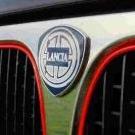

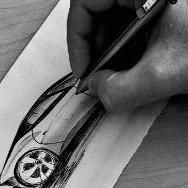
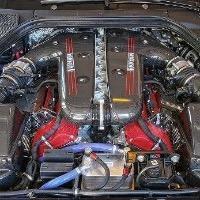



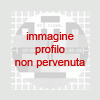


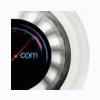

.thumb.jpg.46228d717c405acd43b45b79fddce6a4.jpg)


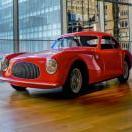
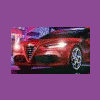
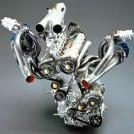
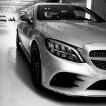
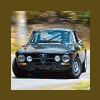
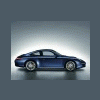

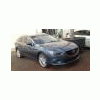
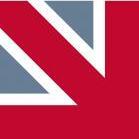
Messaggi Raccomandati:
Crea un account o accedi per lasciare un commento
Devi essere iscritto per commentare e visualizzare le sezioni protette!
Crea un account
Iscriviti nella nostra community. È facile!
Registra un nuovo accountAccedi
Sei già registrato? Accedi qui.
Accedi Ora